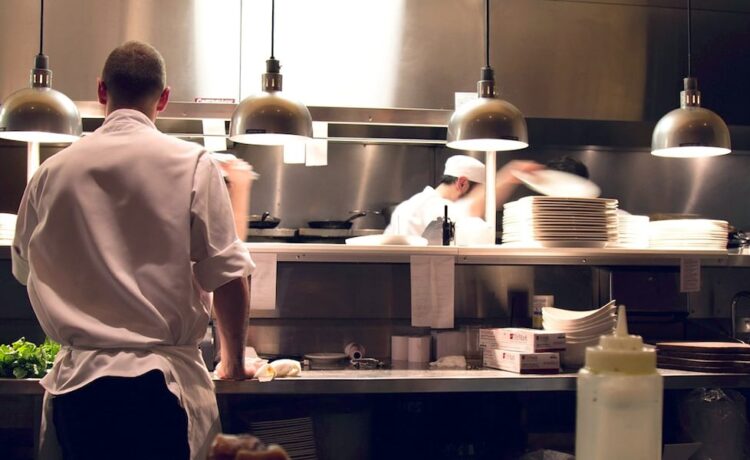BATON ROUGE, La. (Louisiana Illuminator) – Louisiana is set to outlaw a new, lucrative industry that deals in the online buying and selling of restaurant reservations.
The state Senate unanimously approved House Bill 90 by Rep. Troy Hebert, R-Lafayette, without discussion Thursday. The proposal would ban companies such as Appointment Trader, Dorsia and ResX from arranging reservations through their platforms if they do not have explicit contracts with restaurants.
Hebert’s bill is expected to become law with Gov. Jeff Landry’s signature, having received unanimous approval in every committee hearing and floor vote in both chambers,
Reservation trading platforms allow diners with hard-to-get table reservations to sell them online in auction-style transactions similar to eBay. Prospective buyers can also use the platforms as a concierge service, offering a flat fee to anyone who can secure them a table at a particular establishment.
While the practice of paying for restaurant reservations is more common in places such as New York and Miami, the trading platforms have come under scrutiny in Louisiana since the Illuminator reported on high-dollar trades in New Orleans during Super Bowl weekend.
The transactions included a $2,138 reservation for a table of four at Antoine’s.
In a previous interview, Hebert said some local eateries reported confusion over complaints from diners who bought reservations without realizing the restaurants weren’t the ones selling them.
“We’re not talking about Chick-fil-A here,” Hebert said. “It’s a select group of restaurants they’re doing this to … They’re profiting off of a restaurant’s brand, and the restaurants don’t even know about it.”
Backed by the National Restaurant Association, versions of the legislation began popping up in state capitols last year.
Reached after Hebert’s bill advanced Thursday, Appointment Trader founder Jonas Frey said his small business is facing seemingly insurmountable odds. Only a few years old, his startup logged more than $6 million in trades over the past 12 months.
“I’m weighing my options, but it certainly feels like a David versus Goliath situation,” Frey said.
At the center of the debate is a market space currently dominated by the booking platforms OpenTable and Resy, which operate under a very different revenue model than the nascent trading platforms.
OpenTable makes money by charging restaurants a fee every time someone reserves a table through its app, while the trading apps charge diners a percentage of the winning bid price for each trade.
If the newer trading platforms can secure partnerships with restaurants, they would pose a serious threat to the well-established booking apps. Restaurants would no longer have to pay the third-party booking platforms whenever diners make reservations and would actually make money every time someone books through a trading platform.
Frey said he offers contracts to restaurants giving them an equal share of the winning bids for every reservation. It would give dining businesses a new revenue stream from something that currently costs them money, he said.
However, Louisiana lawmakers don’t believe it’s a viable industry and see reservation trading as an opportunistic industry that is artificially inflating demand just to cash in on wealthy tourists.
Hebert and his colleagues have argued that tables would be easy and free to reserve if software bots weren’t snapping them up from OpenTable and then listing them for sale on the trading apps.
Frey disagreed with that assessment and said he doesn’t think technology could even do that.
Large booking sites have several security layers, such as requiring personal phone numbers with text message verification, in order to make a reservation.
The trading apps had no lobbyists or advocates speaking on their behalf against Hebert’s bill, so lawmakers have only heard one side of the argument.
Hebert said his intent is not to end the practice of reservation trading but to simply give the restaurants back their right to control their own bookings.
If the trading apps continue to operate in current form after the new law takes effect, they could face fines of up to $1,000 per trade.
Louisiana Illuminator is part of States Newsroom, a nonprofit news network supported by grants and a coalition of donors as a 501c(3) public charity. Louisiana Illuminator maintains editorial independence. Contact Editor Greg LaRose for questions: [email protected]. Follow Louisiana Illuminator on Facebook and X.

